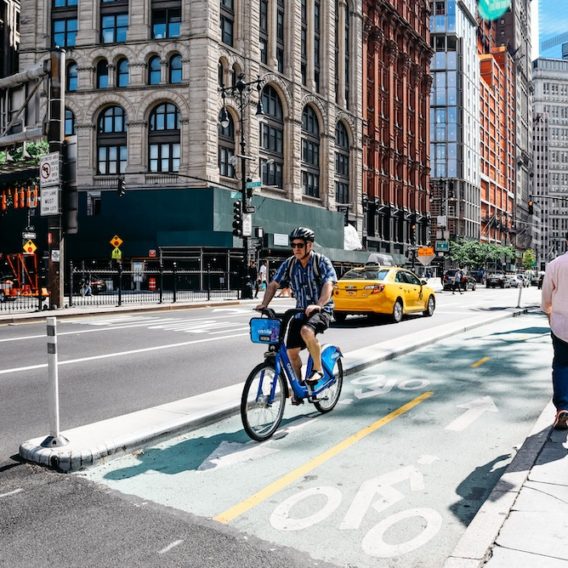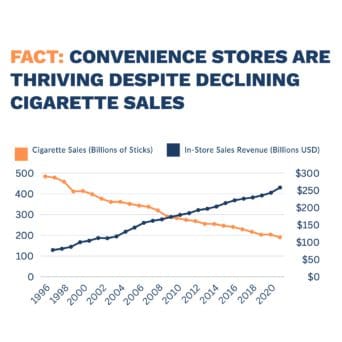WE BELIEVE
Every person, in every city, deserves to live the healthiest possible life.
Find a City
CityHealth rates 75 of the nation’s cities on policies that can make real, lasting impacts in people’s everyday quality of life. Learn what’s happening in a city near you.
Making an Impact
0
million
people live in a city with an overall medal
0
policy medals earned by cities in 2023
0
%
cities earned a 2023 overall medal
How can cities improve access to parks and nature and help families be healthier in body and mind?





- Article
- February 13, 2024



- Article
- February 13, 2024




